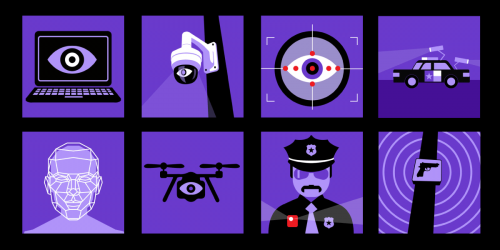San Francisco – On Thursday, Oct. 23, the Electronic Frontier Foundation (EFF) will urge the California Court of Appeal to reverse a lower court and hold that law enforcement use of data gathered from automated license plate reader (ALPR) systems is a search that requires a warrant.
ALPRs are computer-controlled camera systems—generally mounted on vehicles or on fixed objects such as light poles—that automatically capture images of every license plate that comes into view. Used by many police agencies and other organizations across the country, ALPR systems collect and store data on every vehicle they encounter, regardless of whether individual drivers are suspected of criminal activity. This data is stored in massive databases that are accessible to federal, state, and local law enforcement agencies, even if agencies do not collect their own data or maintain their own databases.
In Thursday morning’s hearing, EFF Surveillance Litigation Director Jennifer Lynch will argue that ALPR data is often stored for years, allowing for retrospective searches that reveal sensitive information about people’s lives: where they worship, who their friends and family are, and what meetings or doctor appointments they might attend regularly. This is very sensitive data, and the Fourth Amendment requires that law enforcement get a warrant before getting access.
Read the amicus brief EFF filed in the Gonzales case.
WHO:
EFF Surveillance Litigation Director Jennifer Lynch
WHAT:
California v. Gonzales
WHERE:
California Court of Appeal
350 McAllister Street
San Francisco, CA 94102
WHEN:
Thursday
October 24
10 am









